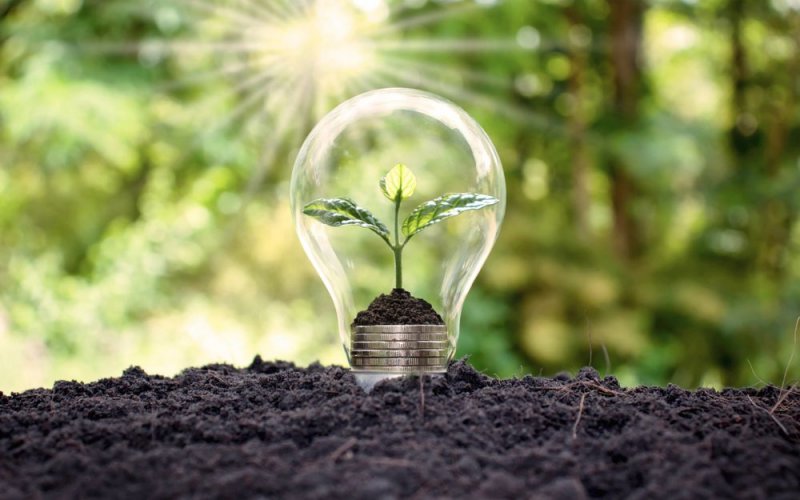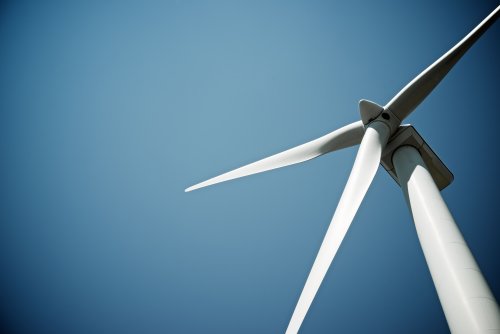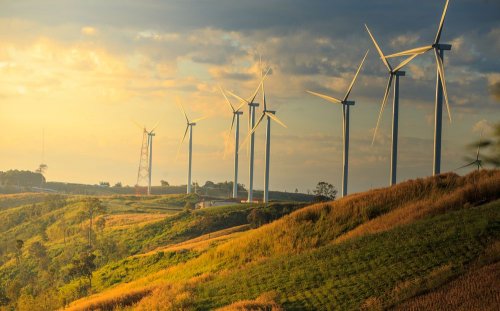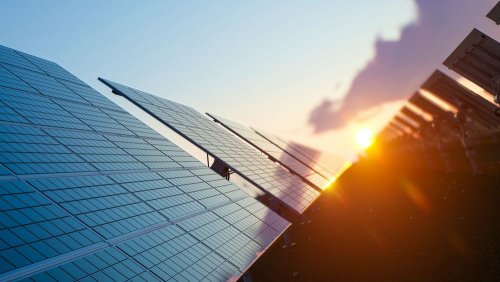A study by the Ember think tank showed that in 2022, renewable energy produced 22% of all electricity in EU countries, ahead of energy generated from gas (20%) and coal (16%).
The use of additional volumes of RES saved the EU $10 billion per year on the purchase of smaller volumes of gas, reports Impakter.
The article emphasized that the Russian-Ukrainian war changed the energy landscape of the European Union, in particular by strengthening the transition to renewable energy. Thus, in 2022, the production of solar and wind energy exceeded the production of nuclear energy (20%).
Analysts predict that solar and wind power will grow by another 20% in 2023, while fossil fuel production could fall by a record 20%, doubling the 2020 record.
The article emphasized that the shortage of gas has caused fears that the EU may switch to coal-fired generation again. However, this was mostly avoided. EU coal production increased by 7%, adding 0.3% to global coal production compared to 2021, while EU gas production increased by 0.8%.
Analysts emphasized that this is not a significant increase in context. For the entire year 2022, the EU imported 22 million tons of coal. Of this, only a third was used. Coal production actually fell by 6% between September and December 2022, and despite Germany's controversial coal mine expansion in early 2023, the trend is expected to continue.
The paper explained that the drop in coal demand at the end of 2022 is due to a drop in electricity demand: the EU used 8.5% less electricity in the last quarter of 2022 compared to the last quarter of 2021 due to a combination of mild weather and high energy prices.
Ember experts explained that the transition to RES will mean a significant and rapid increase in demand for electrification, the growth of heat pumps, electric cars and electrolyzers in 2022.
The article emphasized that in 2022, 47% (41 GW) more SPPs were installed than in 2021, and 20 EU countries achieved the highest share of solar electricity in history. European households have invested heavily in rooftop solar, supported by government initiatives, and rooftop solar now accounts for 66% of the EU's total installed solar capacity.
Earlier, EcoPolitic wrote, that in Germany, about 1,000 eco-activists are protesting against the expansion of RWE's Garzweiler coal mine at the expense of the demolition of the village of Lucerat.
As EcoPolitic previously reported, a report by industry group SolarPower Europe showed that a record 41.4 GW of solar capacity was installed in the EU in 2022, a 47% increase over 2021.





